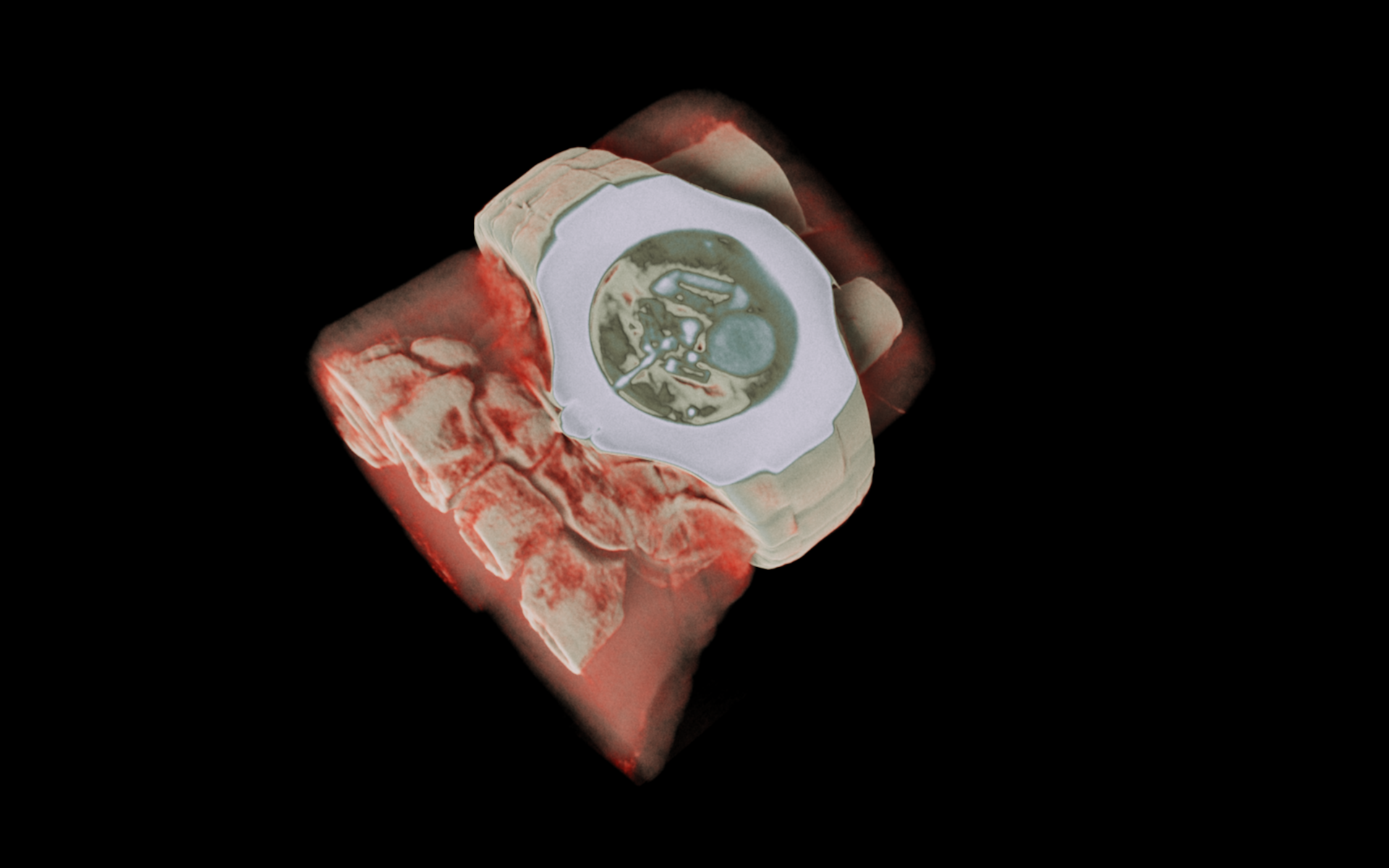Sweeping reforms to the science sector, including the creation of a dedicated foreign investment agency and restructuring key research institutions, aim to boost New Zealand's economy by encouraging investment and innovation in science and technology, says Minister Judith Collins.
Health technology and digital health industry representatives are still evaluating the news and potential impact, but say sustained investment in digital innovation and foundational research are critical to growing these sectors.
The Minister for Science, Innovation and Technology has announced what she describes as, “the largest reset of the New Zealand science system in more than 30 years”.
“The reforms will maximise the value of the $1.2 billion in government funding that goes into the science sector each year, creating a more dynamic science, innovation and technology system that can respond to priorities and keep pace with technological advances,” Collins says.
The reforms involving establishing an advanced technology PRO to deliver research, capability and commercial outreach around technologies such as artificial intelligence, quantum (advanced computing) and synthetic biology.
A new agency, Invest New Zealand, will be created as the Government’s ‘one-stop-shop’ for foreign direct investment, to help the Government reach its goal of doubling exports by 2034.
Callaghan Innovation will be disestablished with its most important functions moved to other parts of the system and the seven Crown Research Institutes will be merged into three Public Research Organisations (PROs) focusing on bio-economy, earth sciences, and health and forensic sciences.
“Callaghan has simply been spread too thinly across too many functions, leading to poor financial performance and an over-reliance on Crown funding,” Collins says.
She adds that Invest New Zealand “will be focussed on attracting greater investment into truly innovative activities in existing sectors and those with high potential to raise productivity and drive economic growth, as well as greater research and development investment and innovative activity in New Zealand by multi-national companies.
“Invest NZ will also be tasked with attracting more skilled professionals to New Zealand, to help foster innovation, raise domestic capabilities and improve international connections,” explains Collins.
Diana Siew, strategic partnerships director at Medtech-iQ Tāmaki Makaurau Auckland University, says the announcement is a major change for the sector and that the overall theme of commercialisation is positive.
“It is great to be looking at how to attract foreign investment: that is something other countries have achieved, but we need to think about what levers those countries have put in place to pull in new investment, as you cannot just open the door and expect people will walk in,” she tells eHealthNews.
Siew would also like to see more sustained investment in blue skies research.
Innovative medtech companies thriving today, such as Formus Labs, Alimetry, Kitea Health and Toku Eyes, have been built from decades of science that needs to be replenished.
“If we do not replenish our science kete (basket), then in ten year’s time there will not be anything left to take out,” she says.
Chief executive of the Digital Health Association Ryl Jensen says the DHA is yet to explore what disestablishing Callaghan Innovation and establishing the Investment Agency means for the digital health sector, but that growing New Zealand’s economy is a goal that benefits everyone.
“To achieve this, the DHA believes we must focus on lifting productivity and investing in digital technologies across all sectors, including health,” she says.
“Investment in digital health has taken a step back, and it is crucial that we put it back on the agenda. Digital technologies and data play a pivotal role in transforming our health system from one focused on illness to one centred on wellness—a shift that benefits every New Zealander.”
Shane Reti is taking over Collins’ role as Minister for Science, Innovation and Technology after losing the health portfolio to Simeon Brown.
Chief executive of the Medical Technology Association of NZ (MTANZ) Cushla Smyth says she is pleased to see Minister Reti's continued involvement in health and medical technology.
“His academic rigor and dedication to innovation make him a great fit for this portfolio,” says Smyth.
“The recognition of his expertise, highlighted by his previous appointment as assistant professor at Harvard, further reinforces his ability to contribute meaningfully to advancements in this field.”
Read the full article here

.jpg)

